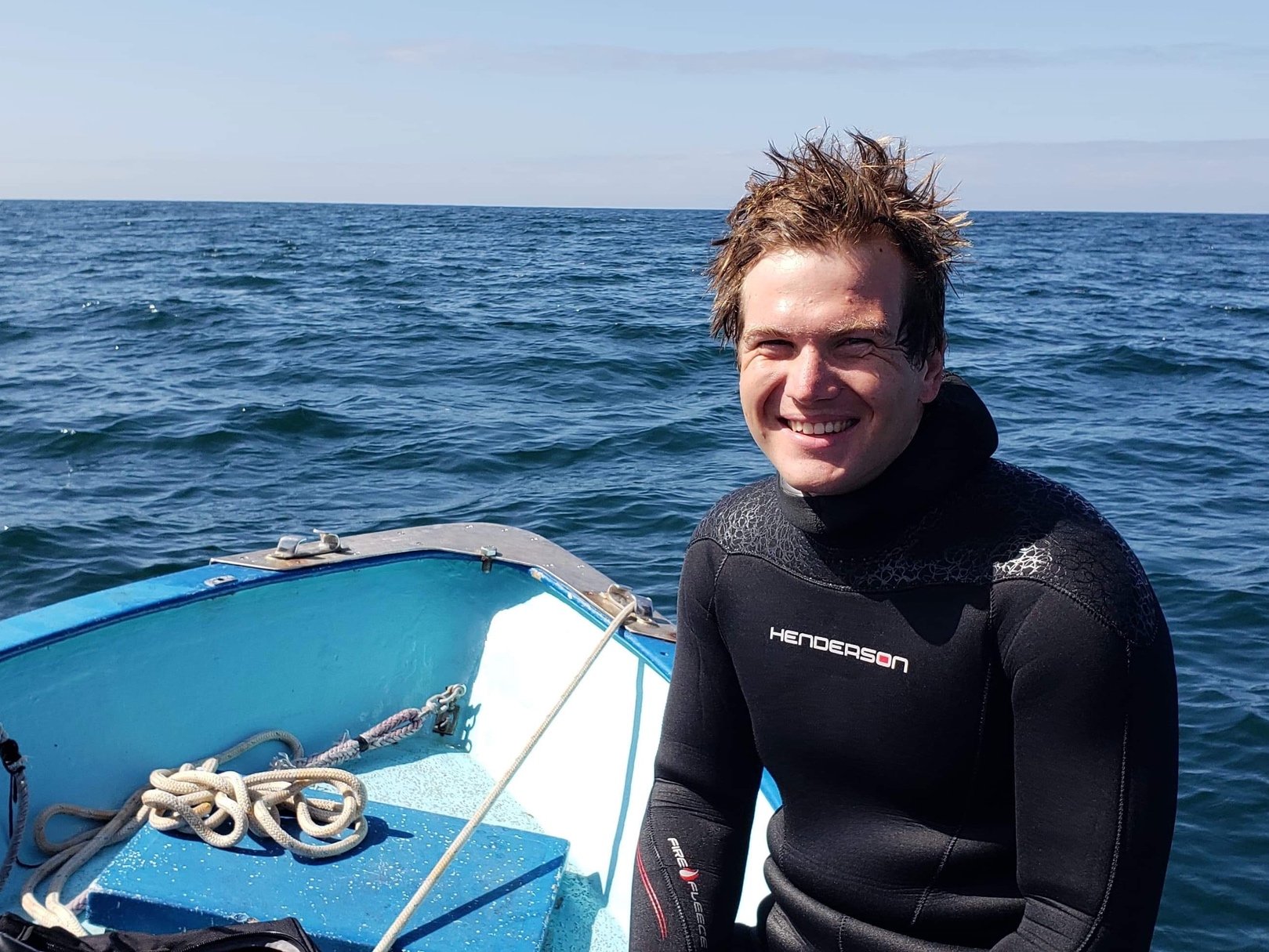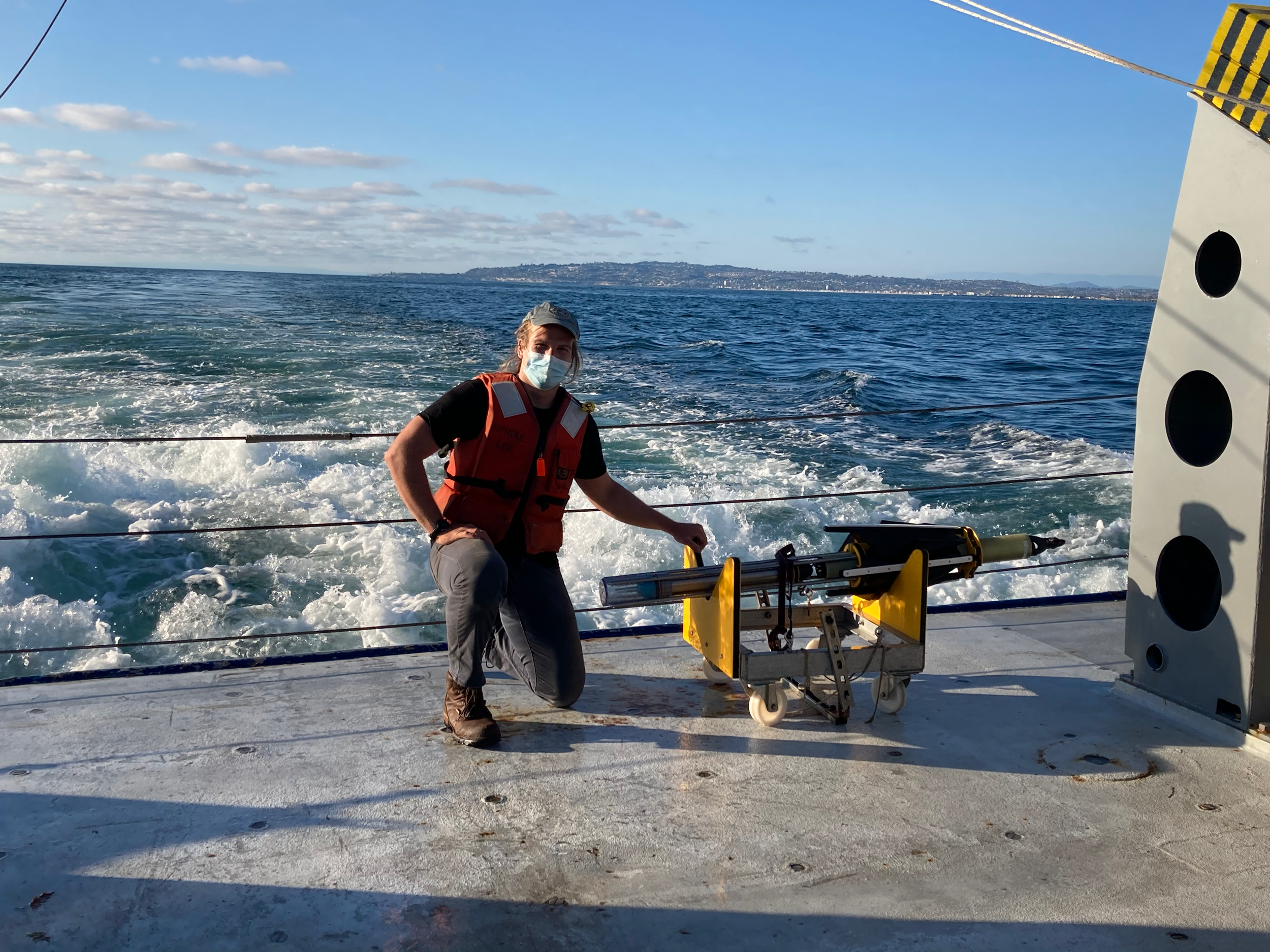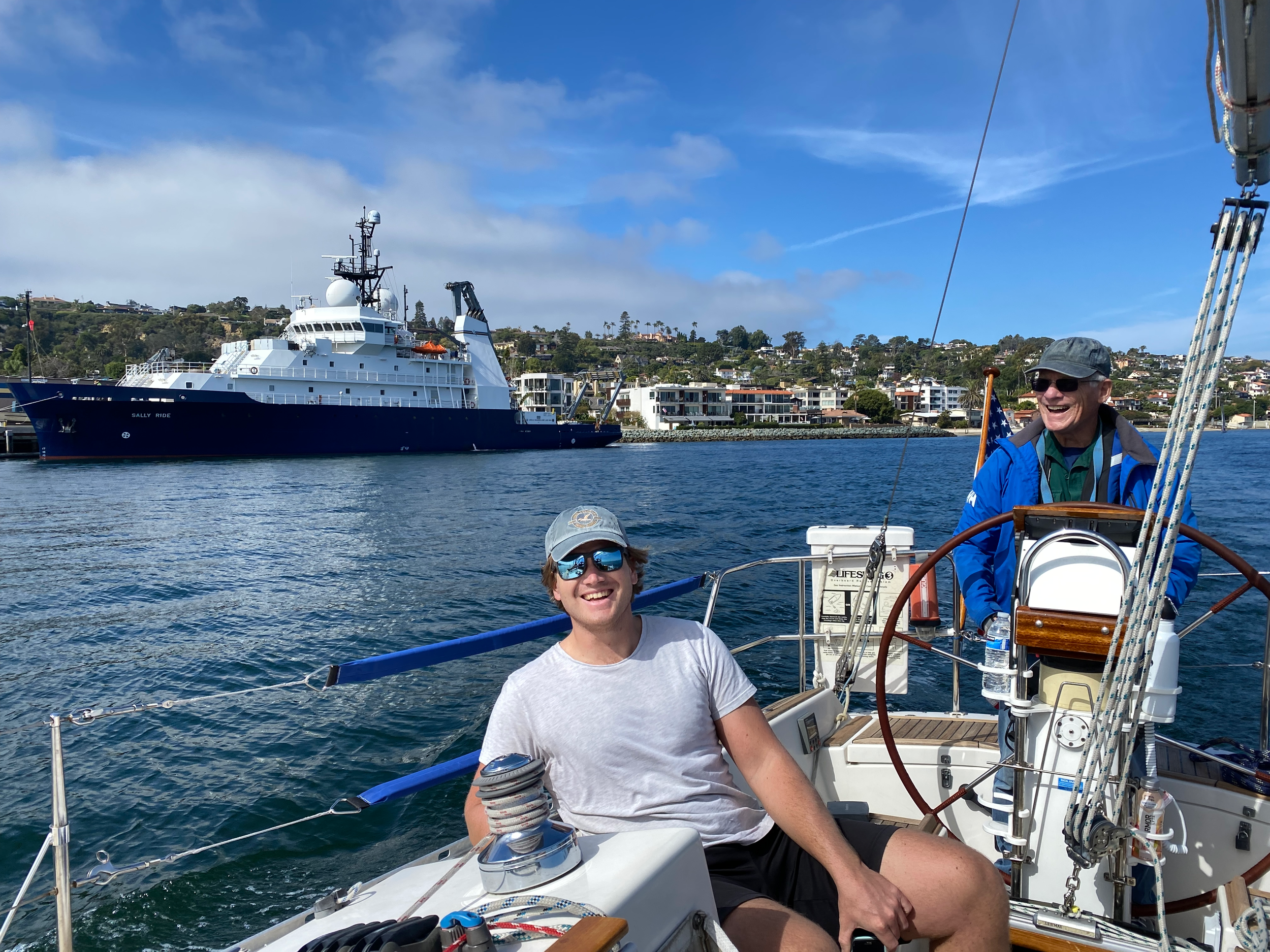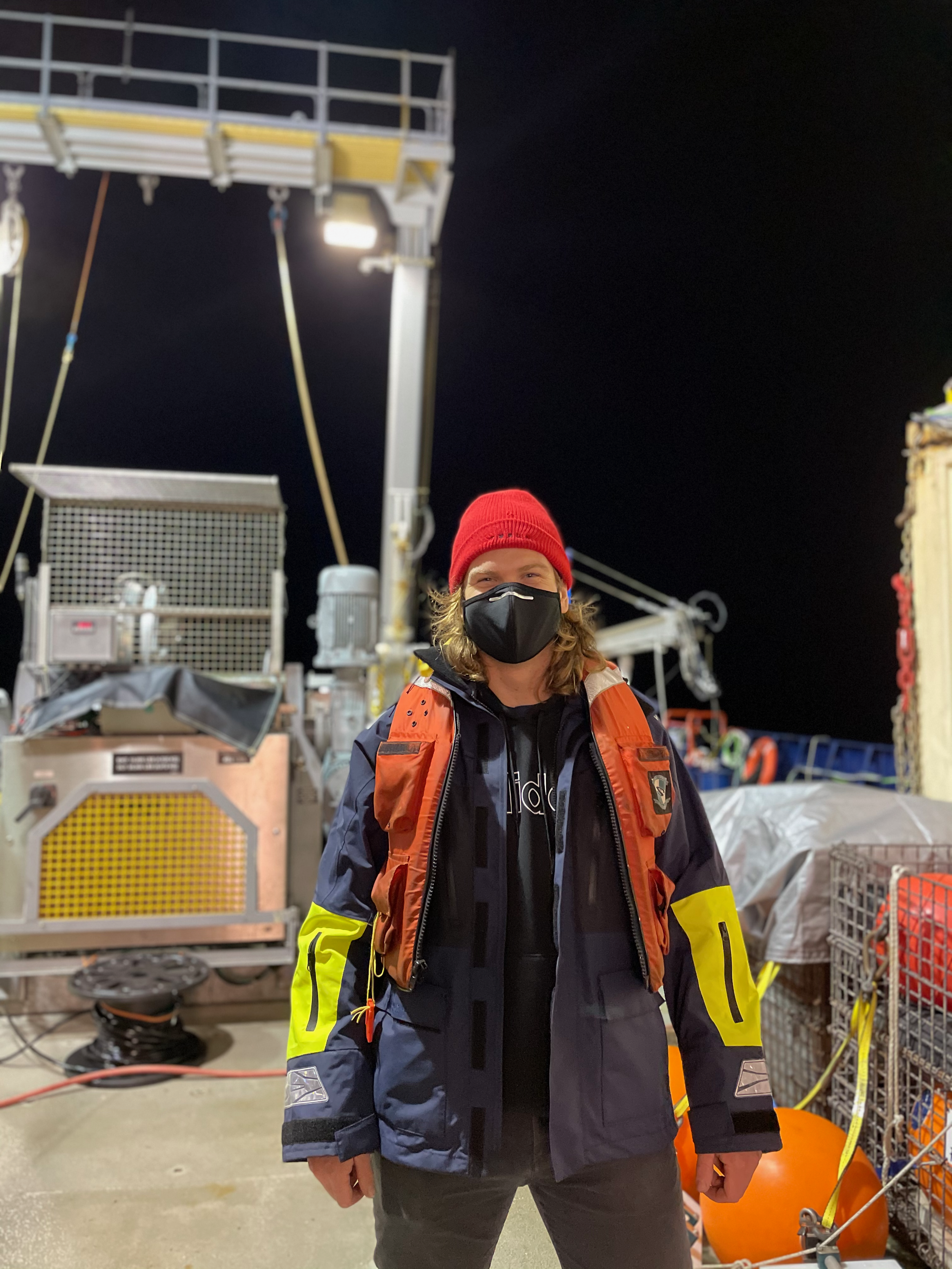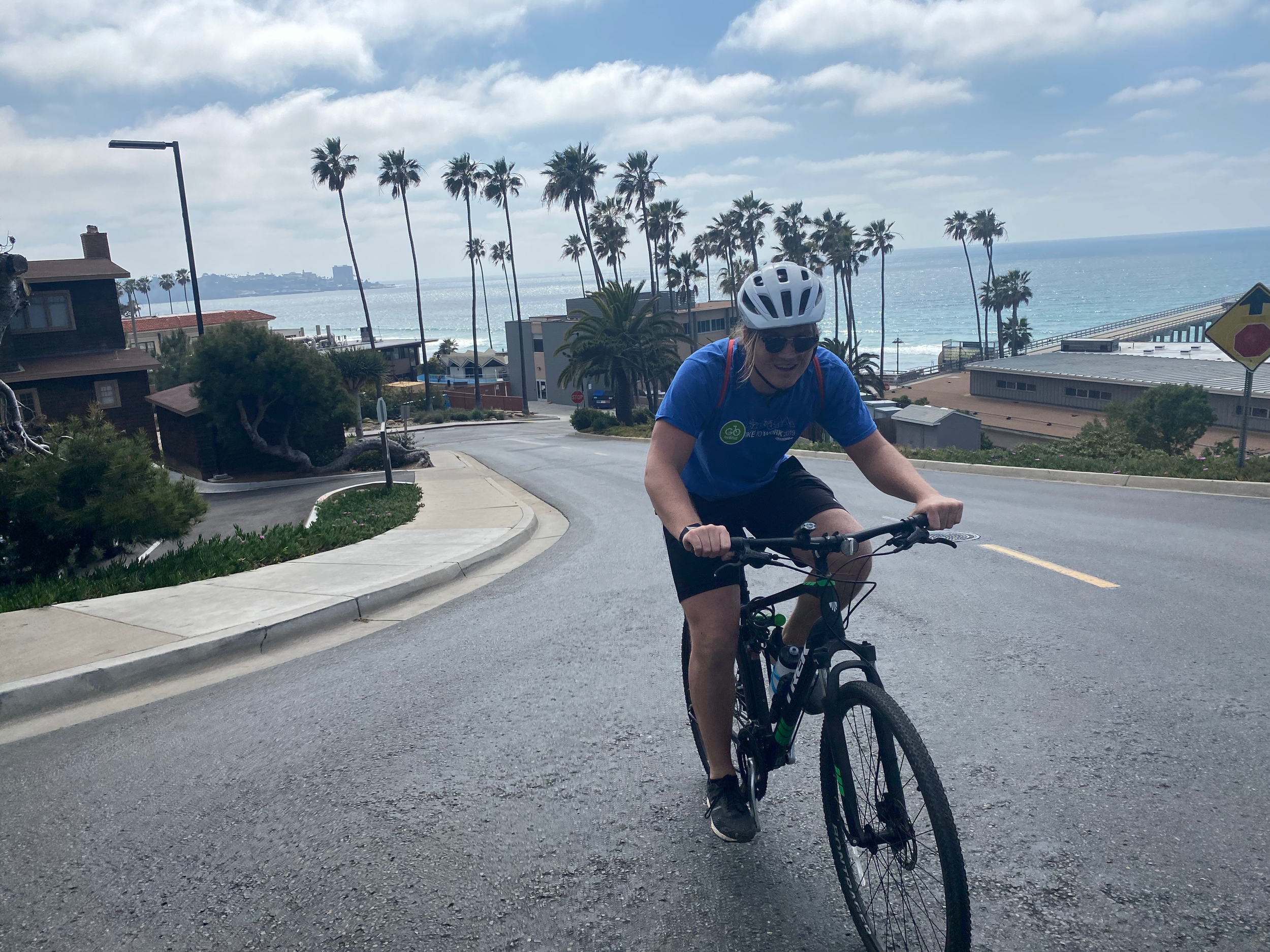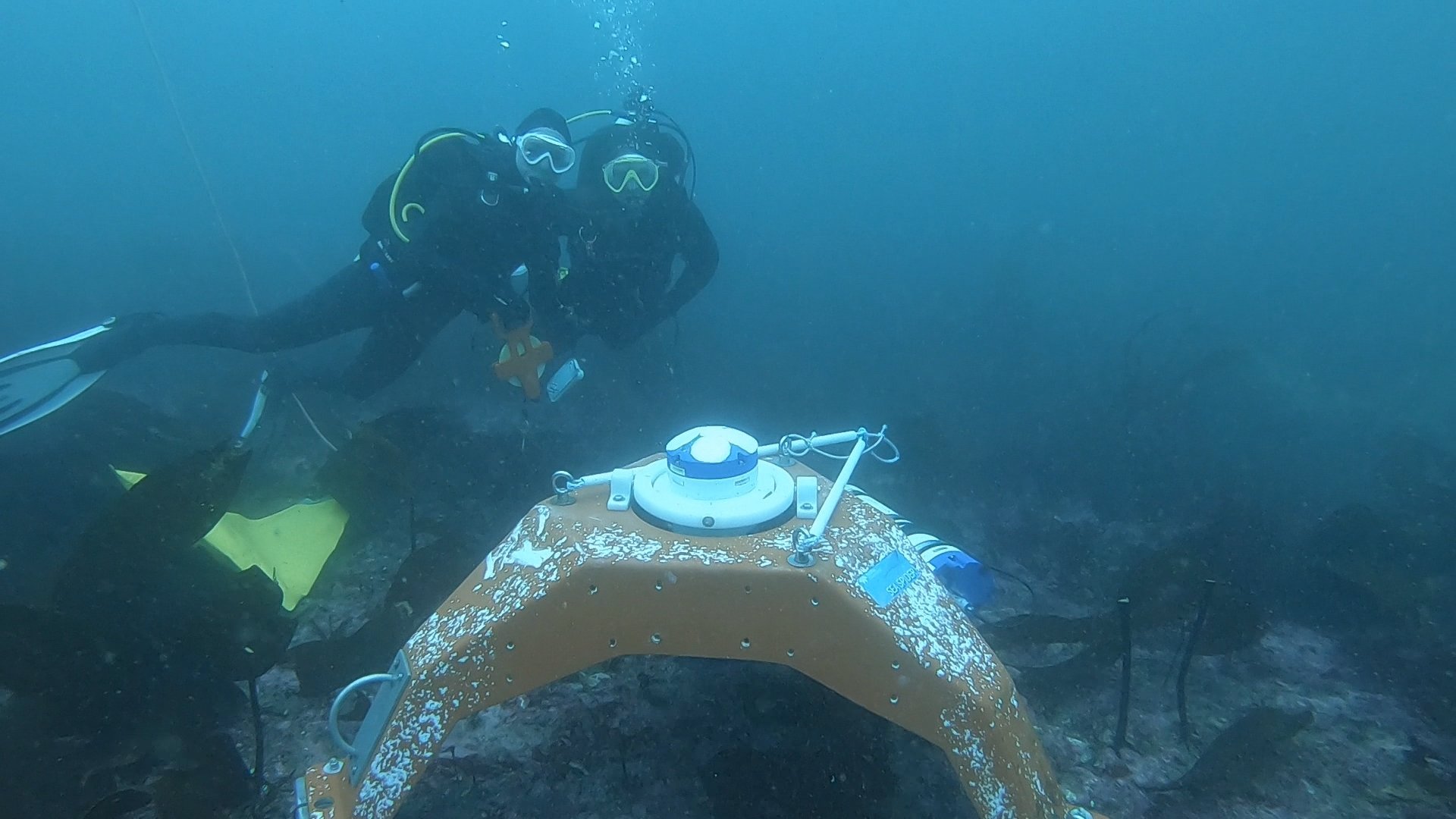What is your background and what are you working on now?
I did my undergrad in physics at MIT. Why physics? Well, I enjoyed how fundamental it is, plus and as a kid I really enjoyed sci-fi and there were a lot of cool science things in sci-fi, especially related to space travel and I wanted to learn all the physical concepts behind that. As an undergraduate I was fortunate to get quite a bit of research experience. For example, I worked in a group that was trying to solve the issue of nuclear waste disposal, and my role there was basically to look at different compounds in which to embed nuclear waste. There was a lot of playing around with mud in the lab, it was fun. I did a bio-physics internship over one summer and then I got into a particle physics group and worked two summers at CERN in Switzerland. But at the end of my undergrad, I realized that I didn’t want to do anything so theoretical as in a conventional physics PhD but I still wanted to stay in science. Thinking about my love for the ocean and physics, and my other passion at the time, which was climate change and climate activism, the merge of all of those somehow ended up being physical oceanography and here we are.
Right now I’m working on wind-driven mixing of the ocean and I’m mainly looking at two physical processes from observations. The first one is the appearance of Langmuir circulations which are responsible for turbulent mixing at the near-surface. It’s mixing driven by the combination of wind and waves. The second physical concept is the generation of near-inertial internal waves which are generated by wind acting on the mixed layer, and that mixed layer moving at the inertial frequency and generating internal waves from there.
Climate work
I currently also have a fellowship as a Carbon Neutrality Initiative Fellow through the UC Office of the President. The goal of this project is to have students involved in sustainability in the UC system in general. My specific role is helping the sustainability and energy managers at UCSD look at decarbonization pathways for the campus. I’m also involved in other grassroots climate activism organizations on campus, and it is something I enjoy working on, thinking about our impact on the world, especially as we go about and do science. For example, I was part of an initiative a couple of years ago thinking about the electrification of Scripps research vessels.
I really enjoy this role of working with UCSD decision makers on finding an effective trajectory for the campus because I think it is the most impactful way to implement changes and improvements. Change when it does occur is definitely motivated by actions from the outside, but it most always happens from within. When systems, business and institutions are set up in the right way it makes it easier for the individual to make climate smart choices.
Alex and the epsi fish after a day of profiling
What keeps you excited and interested in working in the field of oceanography?
I really enjoy thinking about the physics concepts behind what we see in nature. To me it’s interesting on its own to know how the ocean moves, and that there are these processes that we are not able to see with our naked eye. Well, in some cases we are, take Langmuir circulation for example. But now I’m working on actually measuring these things and studying the reasons why they happen and the implications of them. I feel like the work brings some sort of deeper connection to nature beyond just seeing things happen.
Passing the Sally Ride at MarFac on a day cruise with MOD emeritus Rob Pinkel
When you were a kid, did you expect to be a scientist or engineer?
I think so. I’d like to recall that in elementary school I answered the question “what do you want to be when you grow up” with “marine biologist”. I think my answer was influenced by the fact that I grew up near the coast and I loved dolphins as a kid, though I never cared too much about species of animals. But I think there was a scientific inclination from an early age and physical oceanography is close enough that I suppose I can say I fulfilled my childhood dream?
Were there any particular things from your childhood that drew you to study the ocean?
When I was young, I was fortunate enough to get to go on family trips to the Caribbean. Both my parents are scuba divers, so I learned to dive too at an early age. I also got to try sailing at a summer camp one year and ended up teaching sailing for a few summers too. I think getting to be in, on, and around the ocean as a kid and being into physics definitely put me on a path towards studying the physics of the ocean.
What skills or abilities do you think are useful when going into graduate school in oceanography?
Besides a good grasp of math and physics, I think being prepared to realize that you have so much left to learn, especially in terms of doing self-directed research. That was the thing I was most unprepared for coming into graduate school, I had plenty of research experience but little to no experience of how to independently sit down and come up with questions based on previous science and then how to go about answering those questions. There is no class for that, undergrad or PhD, and it has taken me a long time to learn, in fact, I am still learning and digesting that even as a 5th year student.
Getting ready for the night shift on the Sally Ride
What does a typical workday look like for you?
I live close enough that I’m able to bike into work and that adds a lot to my day, overall happiness and well-being. My bike ride is along the coast which is very scenic too. Most of my days are 9-5 and I spend most of my time writing code in Matlab. The things I do are data formatting, data analysis and synthesis of findings to explain a phenomenon that I’m trying to describe and that all happens staring at a screen. And then I bike home. It might sound monotonous, though I think that describes a typical day for a lot of intellectual workers in general, but the unique experience of doing observational physical oceanography is that those days are broken up every now and again by the experience of going to sea, which is totally different and very unique and one of my favorite parts of this job. At sea your workday consists of doing whatever is needed for as many hours are needed to accomplish the science tasks on a ship. The two cruises I’ve done to collect data for my thesis I was on the night shift, which is a special experience. Both in terms of the camaraderie you experience with fellow night shift colleagues, and the experience of standing on the back deck looking into the pitch black while your instrument goes up and down profiling. It is hard to describe if you haven’t been there.
Struggling up the dangerous Naga Way intersection to get to work
What drew you to Scripps?
Well, the two institutions I was considering applying to was here and “East Scripps”, aka WHOI [Woods Hole Oceanographic Institution]. I had already spent a lot of time on the east coast growing up in New Jersey and going to school in Boston, so the deciding factor for me ended up being the novelty of living in California. Especially San Diego and having this view of the ocean from some nice cliffs and perfect weather year-round. It sounds a bit cliché but that was a big plus with this place.
Is there a particular scientist/person/thing that inspires you?
I think my answer would be the field of science fiction which in general has been one the biggest inspirations throughout my life. Science fiction, more than any other genre of art or media, expands the horizon of what is possible, not only in a technological sense but also in terms of political realities and possibilities. You can construct these whole worlds of different technology, physics, politics, and societal structures that enables you to expand your own vision and it also makes you reflect on you own life and say, “what are the possibilities I’m not considering?”. The horizon broadening aspect of science fiction is very inspiring to me.
Deploying an ADCP with fellow student Anela Akiona (left)
Do you have a fun fact that you'd like to share that not everyone knows about you?
Growing up I played the piano and have on several occasions played in Carnegie Hall as part of piano competitions in high school. My grandmother was a professor at the Moscow Conservatory and I started playing when I was five or six and I played for many years, but today I’m a bit out of practice.
Written by Kerstin Bergentz

